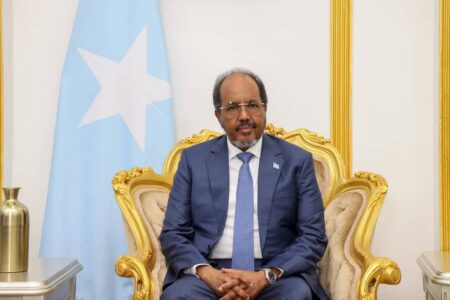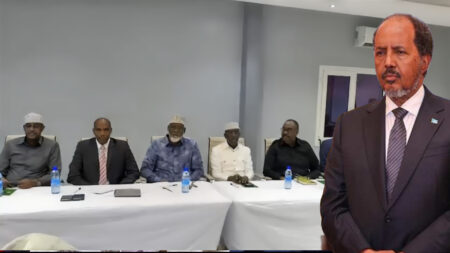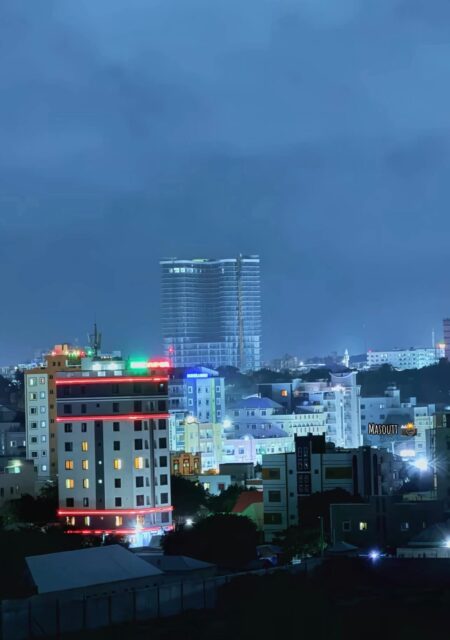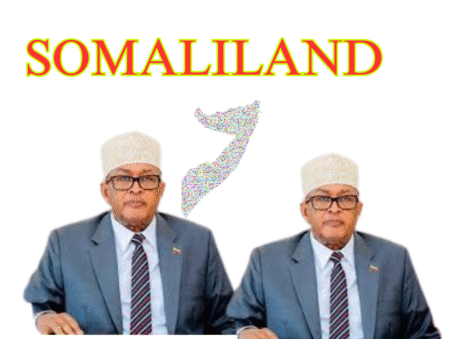Premature Election Bill in Mogadishu: A Constitutional Violation
The Somali Provisional Constitution establishes detailed federal system, including specific guidelines for the administration of its capital, Mogadishu. Article 9 of the Constitution requires that the precise status and governance of Mogadishu be defined by a separate law to be created by Parliament.
The recent approval of an election bill by the Council of Ministers brings significant legal issues into question. Additionally, Parliament must ensure that there is an established Banadir State to engage in negotiations with its authorities before legislating on Mogadishu’s status. This negotiation is essential to guarantee that Mogadishu’s governance is consistent with the wider federal framework.
This article offers a compelling legal argument that the government’s move to create such a bill is unconstitutional and unlawful, breaching both the explicit provisions and the intended principles of the Somali Constitution. MAIN ARGUMENTS The Role of Article 9: Article 9 of the Provisional Constitution establishes that Mogadishu is the capital of Somalia and that its status must be defined by a law enacted by Parliament.
This means that the authority to determine the governance structure and electoral framework for the city is entrusted to the legislative branch. The Constitution suggests a thoughtful and detailed process for shaping the governance of Mogadishu, acknowledging its distinctive role as the capital city.
The Council of Ministers’ decision to pass an election bill before Parliament has enacted the necessary law as stipulated by Article 9 is concerning. It signifies an encroachment by the executive branch into the legislative sphere. The Constitution does not grant the executive the authority to unilaterally set the electoral framework for Mogadishu without first resolving the city’s status through the mandated legislative process.
This action undermines the principle of parliamentary sovereignty, which is fundamental to democratic governance, and ignores the Constitution’s stipulation for a specific law addressing Mogadishu’s status. “
Importance of Establishing Banadir State: :
Before Parliament can legislate on the status of Mogadishu, it must first address the creation of Banadir State. Mogadishu, while serving as the capital, is also part of a larger region that has not yet been officially recognized as a Federal Member State (FMS) within Somalia’s federal framework. Establishing Banadir State is an essential preliminary step before any laws concerning Mogadishu can be enacted. This will ensure that the governance of Mogadishu aligns with the federal principles outlined in the Constitution and respects the region’s autonomy and rights within the federal system. Creating Banadir State will enable a governance structure that meets the needs and aspirations of the local population, including those in Mogadishu.
The Constitution underscores the significance of federalism and the need for cooperation between the federal government and the Federal Member States (FMS). Proceeding with election laws before establishing Banadir State and consulting its authorities could lead to a top-down approach that might not align with the nation’s broader federal vision. Once Banadir State is created, Parliament should engage with its authorities to clarify Mogadishu’s status within this new structure to ensure that Mogadishu’s governance aligns with its role as the national capital while fitting into the framework of Banadir State.
Violating the Principle of Federalism :
Somalia’s Provisional Constitution is founded on federalism, aimed at allocating authority between the federal government and the Federal Member States (FMS). This arrangement is essential for addressing the varied needs of Somalia’s regions effectively. Within this federal system, Mogadishu, as the capital, holds a distinctive role. The Constitution’s lack of specific governance details for Mogadishu, awaiting parliamentary decisions, indicates a purposeful strategy to avoid premature or unilateral moves by the federal government.




